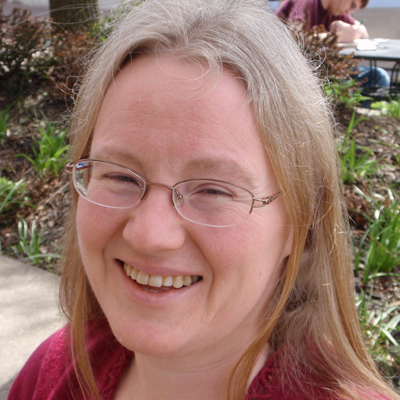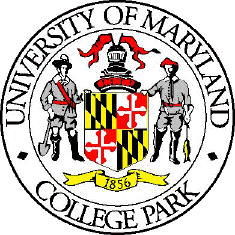Understanding how plants grow to increase available food resources and restore the environment
Knowing that some seedlings will die during the growing process, farmers need to plant 20% more seeds to make up for the difference. Imagine if the additional 20% was unnecessary. Farmers would have a surplus of seeds they could use to grow more crops and thus provide a solution for the impending global food crisis. Dr. Wendy Peer, of the University of Maryland, studies how plants grow, especially seedlings, so that every seed that is planted can be used for food or environmental restoration. Falling under the umbrella of basic and applied research, Dr. Peer uses biology as a lens to study the intricacies of plants in order to address food crises and devastations, take care of our Earth, and provide preventative measures for our future. Backed by empirical and rigorous science, Dr. Peer’s motivations for her work are “to feed the hungry and heal both people and the planet.” Therefore with an incredible passion for making the world a better place paired with curiosity driven research, Dr. Peer’s work is likely to have an incredible impact on the global community’s future.
With the seedling stage being the most vulnerable stage of a plant’s life, Dr. Peer and her team are looking at the reasons that ensure a seedling is able to successfully grow into a healthy adult plant by looking at what can go wrong. Perhaps most unique about her research is her approach. By looking at what happens in the cell, in the organism, and in the ecosystem, her wide scope is able to give a better picture to researchers of what is going on when these systems come together in real-world situations. With the many factors that influence a plant’s successful growth including responses to signals like light, gravity, water, and nutrients and environmental stress that influence root formation, leaf development and the cell cycle and cell division, Dr. Peer’s interest in understanding how they all come together are helping to address the questions of sustainability in agriculture and environmental ecosystems.
Current research includes:
-
ROS and Hormones: As environmental pressures are changing with climate change, plants are under more stress which causes plants to produce reactive oxygen species (ROS). While some ROS is helpful, too much can cause damage at a cellular level which reduces the plant’s ability to thrive. Dr. Peer and her team are aiming to be able to manipulate seeds to improve their performance and stability given their understanding of ROS and the role a stressful environment plays on its production.
-
Cell Cycle: Dr. Peer and her group are looking at why seedlings stop dividing during the cell cycle, particularly due to proteins or signals that may cause the cell cycle to stop. If she and her team are able to understand the basic biological mechanisms behind this process, they will be capable of improving crops by enabling the cell cycle to continue.
-
Invasive Species Modeling: Dr. Peer is trying to understand models of invasiveness, ecosystem restoration, ecology, through the lens of global climate change. Using complex modeling tools, her work will help to make predictions about our evolving ecosystems.
-
Weeds: Dr. Peer is identifying natural compounds that enhance the efficacy of herbicides to reduce herbicide use and even replace them. Thus far, she and her team have studied one herbicide. They are expanding the trials to test other herbicides and compounds. Therefore, her work could have a profound effect on creating safer chemicals to prevent weeds.
Bio
Dr. Wendy Peer has always loved science. As a little girl, her parents allowed her do “experiments” including growing plants in different parts of the house to change light and temperature, mixing up “weed killers” from things under the bathroom sink, trying to repeat the hand lotion commercial results where the lotion turned a dead, brown leaf into a green leaf, taking her watercolor paint brush to cross different plants like she saw on National Geographic. Dr. Peer still enjoys growing plants and conducts research to understand how they grow and now tries to get rid of, or at least limit, weeds and invasive species as well. Her study of plant’s growth is a helpful step towards enabling every seed that is planted to be used for food or environmental restoration. Interestingly, among Dr. Peer’s frequent collaborator is her husband whom she met in graduate school. With their common interests in the biological mechanisms of plants, she and her husband have contributed to the academic world with fruitful research.
Website: http://www.enst.umd.edu/people/faculty/wendy-ann-peer; http://www.wendyannpeer.com/; https://www.psla.umd.edu/research/research-lab-pages/peer-murphy-lab-hom...


